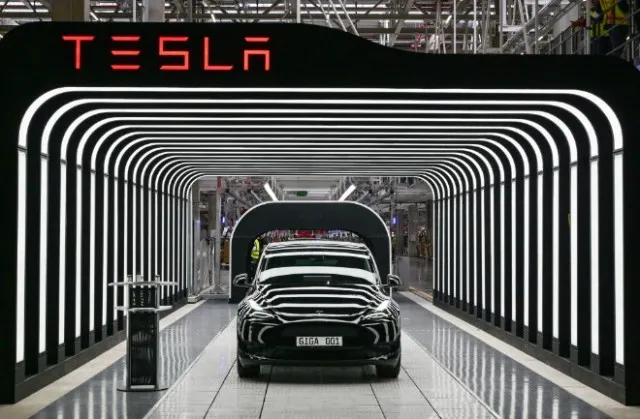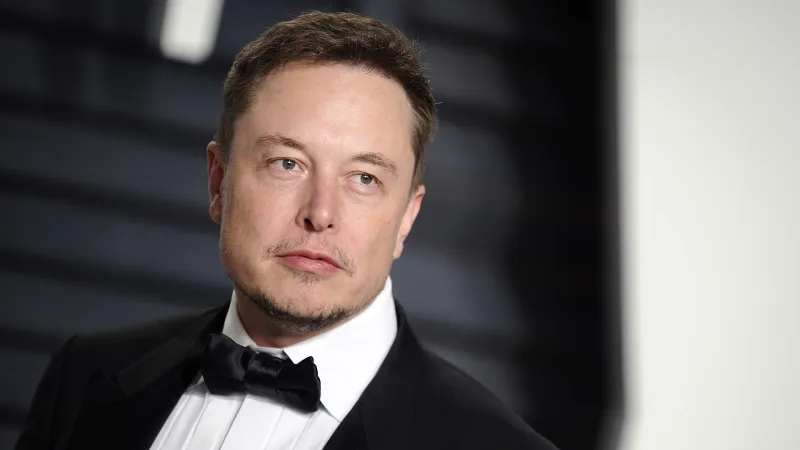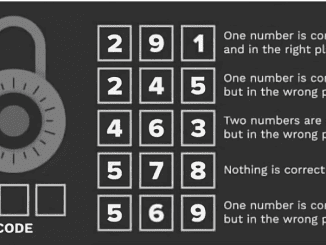Elon Musk, the visionary CEO of Tesla, is no stranger to controversy, bold moves, or headline-grabbing moments. In one of the most talked-about episodes in Tesla’s history, Musk filed a $171,000 lawsuit against the BBC, accusing the network’s hit show, Top Gear, of publishing a negative and misleading review of the Tesla Roadster. This case wasn’t just about a car—it became a pivotal moment that highlighted the challenges Tesla faced as an electric vehicle (EV) pioneer and underscored Musk’s relentless determination to defend his company.
The legal drama surrounding this lawsuit reveals much about Tesla’s early struggles to gain public trust and acceptance for EV technology. It also offers a glimpse into how media portrayal can impact a brand’s reputation. Let’s explore the details of this high-profile lawsuit and how it shaped Tesla’s trajectory.
What Sparked the Lawsuit? Top Gear’s Controversial Review

The controversy dates back to 2008, when Top Gear, one of the most popular automotive TV shows in the world, reviewed the Tesla Roadster. The Roadster was Tesla’s first all-electric sports car and a groundbreaking innovation in the industry. Its sleek design and remarkable acceleration wowed audiences, with host Jeremy Clarkson famously describing it as “biblically quick.”
But the glowing praise didn’t last long. The Top Gear review quickly took a negative turn when Clarkson claimed that the Roadster ran out of charge after just 55 miles—far less than its advertised range of 200+ miles. The episode also showed the car being pushed into a garage, implying that it had completely drained its battery. Clarkson concluded that the Roadster, while impressive in speed, was impractical for real-world use due to its supposed lack of reliability.
Tesla’s Response: A Fight for Fair Representation
Tesla strongly refuted the claims made in the Top Gear episode, emphasizing that the Roadster had never run out of charge during testing. According to Tesla, the car’s internal data logs showed that the battery never dropped below 20% capacity during the review. The company also alleged that the scene showing the car being pushed was entirely staged for dramatic effect, further misleading viewers.
To counter the narrative, Tesla launched an aggressive PR campaign, creating a website called TeslaVsTopGear.com to present their version of events. Elon Musk argued that the show’s dramatization had unfairly influenced public opinion and caused a direct financial impact by deterring potential customers from purchasing the Roadster.
In March 2011, Tesla took their frustrations to court, filing a $171,000 lawsuit against the BBC. Tesla claimed that the Top Gear review not only damaged the Roadster’s reputation but also caused the company to lose sales.
The BBC’s Defense: Entertainment, Not Science
The BBC, along with the producers of Top Gear, firmly stood by the content of the episode. In their defense, the network argued that Top Gear was an entertainment program, not a scientific or factual evaluation of vehicles. The scene of the Roadster being pushed into the garage, they claimed, was a hypothetical dramatization designed to illustrate what could happen if the car ran out of power.
In court, the BBC emphasized that viewers understood Top Gear’s format as lighthearted and often exaggerated. They argued that no reasonable viewer would interpret the episode as a literal and authoritative assessment of the Tesla Roadster’s performance. This argument became a cornerstone of their legal defense.
The Verdict: Tesla’s Courtroom Loss
In the High Court, Judge Martin Moore-Bick ruled in favor of the BBC, stating that the episode did not constitute defamation. The judge determined that Top Gear’s audience would interpret the program as entertainment rather than a factual or scientific review. As a result, the lawsuit was dismissed.

Tesla appealed the ruling, but the Court of Appeal upheld the original decision. To make matters worse for Tesla, the company was ordered to pay the BBC’s legal costs, which amounted to $172,000.
Although Tesla lost the legal battle, the case had broader implications that worked in the company’s favor. It sparked widespread public interest in the Tesla Roadster and electric vehicles as a whole.
How the Lawsuit Impacted Tesla’s Journey
While the lawsuit didn’t end in Tesla’s favor, it created a ripple effect that ultimately benefitted the company. Here’s how the controversy influenced Tesla’s growth and the broader conversation around EVs:
1. Increased Global Awareness of Tesla and EVs
The legal dispute with Top Gear drew significant media attention, introducing Tesla to audiences who might not have been familiar with the brand. Even though some of the coverage was negative, the publicity helped establish Tesla as a serious contender in the automotive industry.
2. Conversations About Electric Vehicle Technology
The lawsuit and the surrounding controversy sparked debates about the reliability and practicality of electric vehicles. While some questioned Tesla’s technology, others became intrigued by the Roadster’s potential, which furthered interest in EVs as a viable alternative to traditional cars.
3. Reinforced Tesla’s Commitment to Transparency
In response to the Top Gear review, Tesla began releasing more detailed performance data for its vehicles. The company also encouraged independent testers to verify their claims, a move that helped rebuild consumer trust and reinforced Tesla’s commitment to transparency and innovation.
4. Strengthened Musk’s Leadership Image

Elon Musk’s decision to pursue legal action against a media giant like the BBC showcased his determination to defend Tesla’s reputation. His relentless pursuit of justice resonated with fans and investors, reinforcing the image of Musk as a leader willing to take bold risks to promote his vision of sustainable transportation.
Lessons Learned: The Power of Media and Perception
The Tesla vs. Top Gear lawsuit highlighted the significant influence media has on public perception, particularly for emerging technologies like electric vehicles. The case also underscored the challenges innovators face when introducing disruptive products into a skeptical marketplace.
For Tesla, the controversy was a reminder of the importance of controlling the narrative and educating consumers about the benefits and limitations of EV technology. Despite losing the case, Tesla emerged stronger, turning adversity into an opportunity to shine a spotlight on its groundbreaking work.
Conclusion: A Defining Moment in Tesla’s History
The $171,000 lawsuit against the BBC was far more than a simple legal battle—it was a defining moment in Tesla’s journey. The controversy surrounding Top Gear’s review of the Roadster highlighted the challenges Tesla faced in changing perceptions about electric vehicles. More importantly, it showcased the company’s resilience and ability to turn negative press into an opportunity for growth.

Elon Musk’s decision to stand up for Tesla’s reputation demonstrated his unwavering commitment to his mission of accelerating the world’s transition to sustainable energy. Today, Tesla is a global leader in the EV market, and moments like the Top Gear controversy are reminders of the uphill battles it faced to get there.
What’s your take on the Tesla vs. Top Gear controversy? Was Tesla right to pursue legal action, or should they have taken a different approach? Share your thoughts and join the conversation about this fascinating chapter in automotive history.


